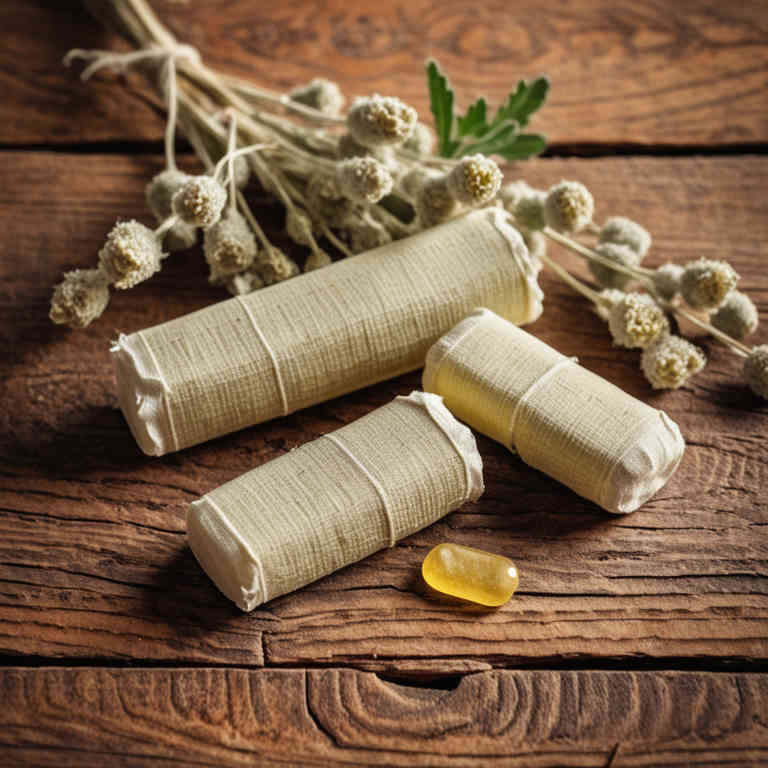10 Best Verbascum Thapsus Preparations
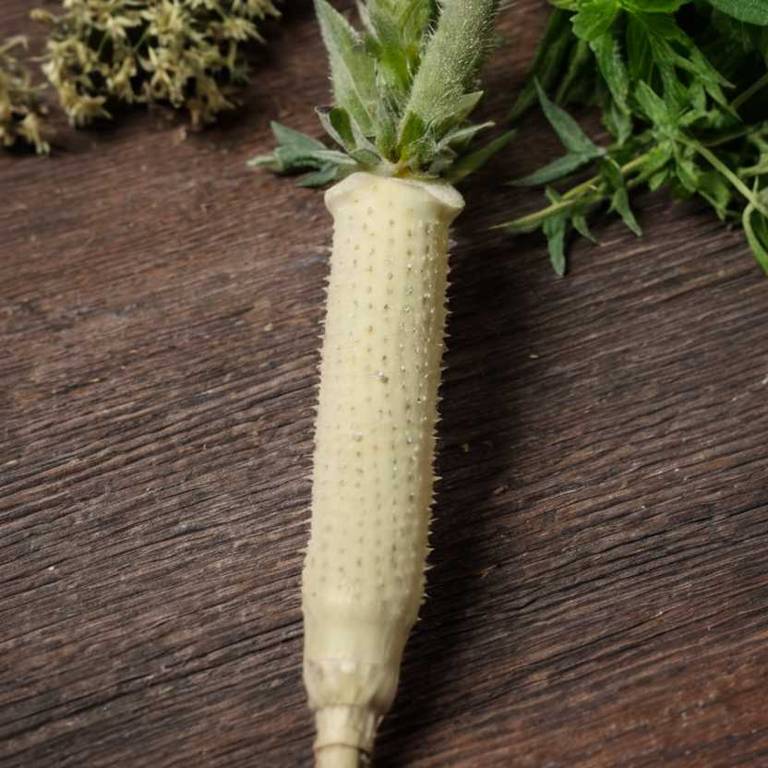
The best medicinal preparations of Verbascum thapsus are teas, decoctions, tinctures, mucillages, and oils, each offering unique benefits for health and wellness.
Teas made from the dried leaves and flowers are commonly used to soothe respiratory ailments and promote digestion.
Decoctions involve simmering the root or stem to extract its potent compounds, often used for skin conditions and inflammation.
Tinctures, prepared by soaking the herb in alcohol, provide a concentrated form for internal use.
Mucillages, derived from the plant’s fibers, are valued for their soothing properties in treating digestive issues and as a demulcent.
Oils infused with Verbascum thapsus can be applied topically to relieve muscle pain and support skin healing.
Below there's a list of the 10 best herbal preparations of verbascum thapsus for medicinal purposes.
- 1. Teas
- 2. Decoctions
- 3. Tinctures
- 4. Mucillages
- 5. Oils
- 6. Poultices
- 7. Creams
- 8. Syrups
- 9. Capsules
- 10. Lozenges
1. Teas
Verbascum thapsus teas is commonly used to treat respiratory conditions, skin irritations, and digestive issues.
This herbal preparation is often employed for alleviating symptoms of coughs, bronchitis, and asthma due to its expectorant properties. It is also used topically to soothe inflammation and promote healing of wounds or eczema. The bioactive constituents responsible for these effects include mucilage, flavonoids, saponins, and tannins, which contribute to its anti-inflammatory, antimicrobial, and soothing actions.
Additionally, the high content of mucilage helps to lubricate and protect mucous membranes, enhancing its therapeutic value.

2. Decoctions
Verbascum thapsus decoctions is commonly used to treat respiratory and skin conditions due to its anti-inflammatory and expectorant properties.
This herbal preparation is often employed to alleviate symptoms of bronchitis, coughs, and skin irritations such as eczema and rashes. The most common medicinal uses include reducing inflammation, clearing mucus, and promoting wound healing. The bioactive constituents responsible for these effects include mucilage, flavonoids, saponins, and tannins, which contribute to its soothing and healing properties.
These compounds work synergistically to support the body's natural healing processes and reduce irritation.
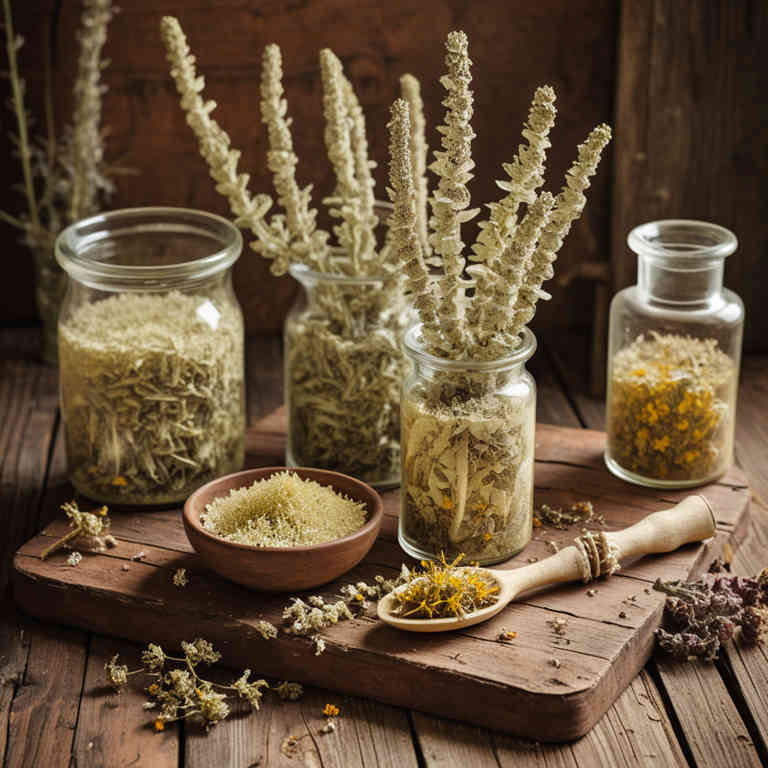
3. Tinctures
Verbascum thapsus tinctures is commonly used to treat skin conditions, respiratory issues, and inflammatory disorders.
These preparations are often applied topically for eczema, psoriasis, and minor burns, while internally they may help alleviate coughs and bronchitis. The most common medicinal uses include reducing inflammation, soothing skin irritations, and supporting respiratory health. The bioactive constituents responsible for these effects include flavonoids, mucilage, and saponins, which have anti-inflammatory, emollient, and expectorant properties.
These compounds work together to provide the therapeutic benefits associated with Verbascum thapsus tinctures.
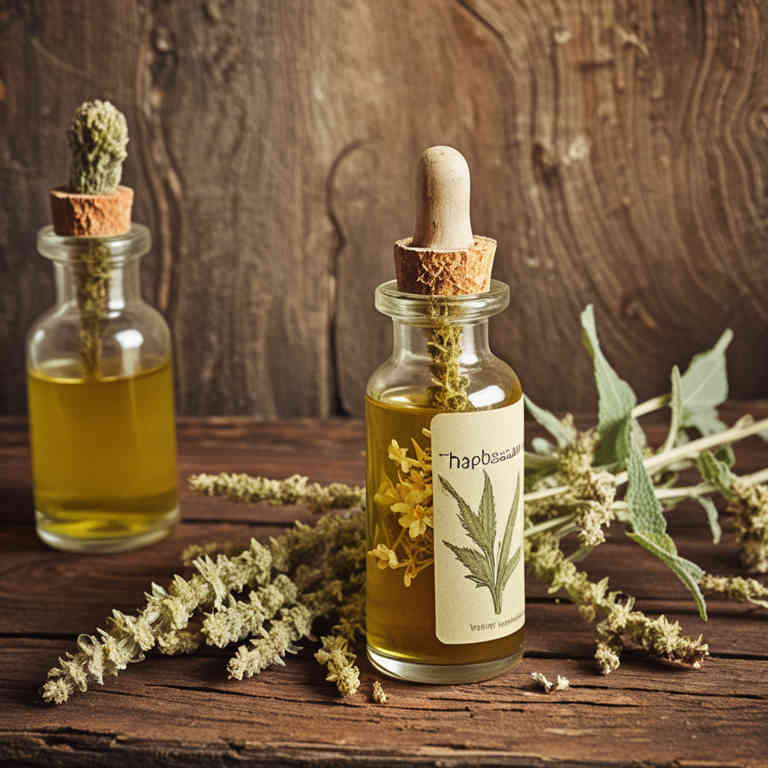
4. Mucillages
Verbascum thapsus mucillages is commonly used to treat digestive issues, skin conditions, and inflammation due to its soothing and healing properties.
The most common medicinal uses include alleviating symptoms of gastritis, ulcers, and irritable bowel syndrome, as well as providing relief for eczema, psoriasis, and other inflammatory skin disorders. The bioactive constituents responsible for these effects include mucilage, which forms a protective film over mucous membranes, and flavonoids, which have antioxidant and anti-inflammatory properties. Additionally, the plant contains tannins and polysaccharides that contribute to its therapeutic effects.
These components work synergistically to promote healing and reduce irritation in various tissues.
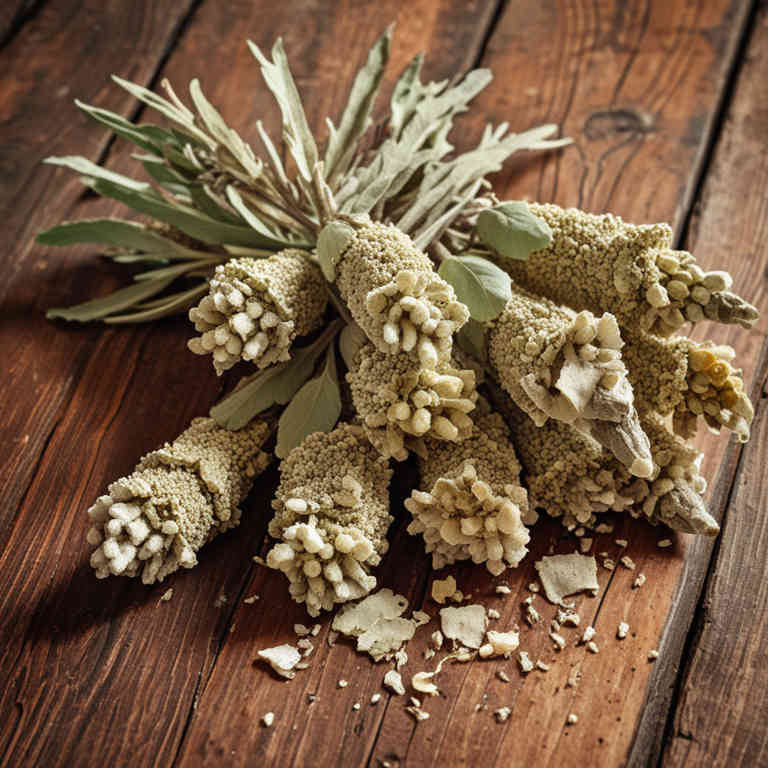
5. Oils
Verbascum thapsus oils is commonly used to treat skin conditions, inflammation, and respiratory issues.
The oil is often applied topically to alleviate symptoms of eczema, psoriasis, and insect bites due to its anti-inflammatory and antiseptic properties. It is also used in inhalation therapy to ease coughs and congestion associated with respiratory ailments. The bioactive constituents responsible for these effects include flavonoids, triterpenes, and essential fatty acids, which possess antioxidant, anti-inflammatory, and antimicrobial activities.
Additionally, the oil may help reduce swelling and promote wound healing due to its soothing and regenerative properties.

6. Poultices
Verbascum thapsus poultices is commonly used to treat skin conditions such as inflammation, wounds, and infections due to their soothing and healing properties.
The most common medicinal uses include reducing swelling, promoting tissue repair, and alleviating symptoms of eczema and psoriasis. This herbal preparation is also applied to relieve pain and inflammation associated with arthritis and muscle aches. The bioactive constituents responsible for these effects include mucilage, which has emollient properties, and flavonoids, which possess anti-inflammatory and antioxidant activities.
Additionally, the presence of saponins contributes to its ability to stimulate circulation and enhance wound healing.

7. Creams
Verbascum thapsus creams is commonly used to treat skin conditions such as eczema, psoriasis, and dermatitis due to their anti-inflammatory and soothing properties.
These creams are often applied topically to reduce redness, itching, and irritation associated with various skin disorders. The most common medicinal uses include alleviating symptoms of dry, sensitive, or inflamed skin, as well as promoting wound healing. The bioactive constituents responsible for these effects include flavonoids, mucilage, and saponins, which have anti-inflammatory, antioxidant, and emollient properties.
These compounds work together to provide relief and enhance skin health.
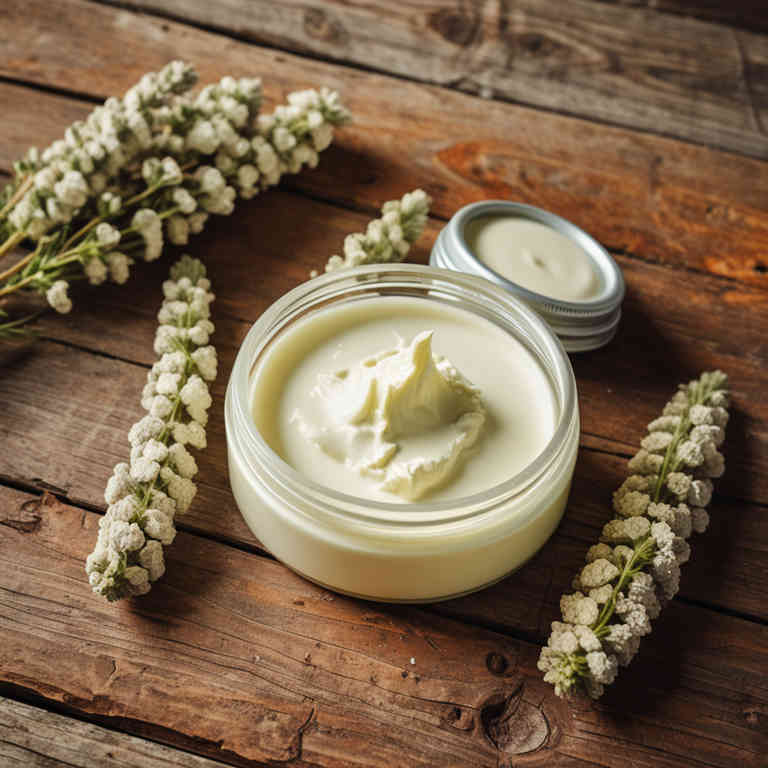
8. Syrups
Verbascum thapsus syrups is commonly used to alleviate respiratory conditions such as coughs, bronchitis, and asthma due to its expectorant and anti-inflammatory properties.
This herbal preparation is also used to treat skin disorders, including eczema and psoriasis, because of its soothing and healing effects. The most common medicinal uses of Verbascum thapsus syrups include reducing inflammation, clearing mucus, and promoting skin health. The bioactive constituents responsible for these effects include mucilage, flavonoids, saponins, and tannins, which contribute to its demulcent, antioxidant, and antimicrobial properties.
These compounds work together to provide relief from various ailments, making Verbascum thapsus a valuable herbal remedy.
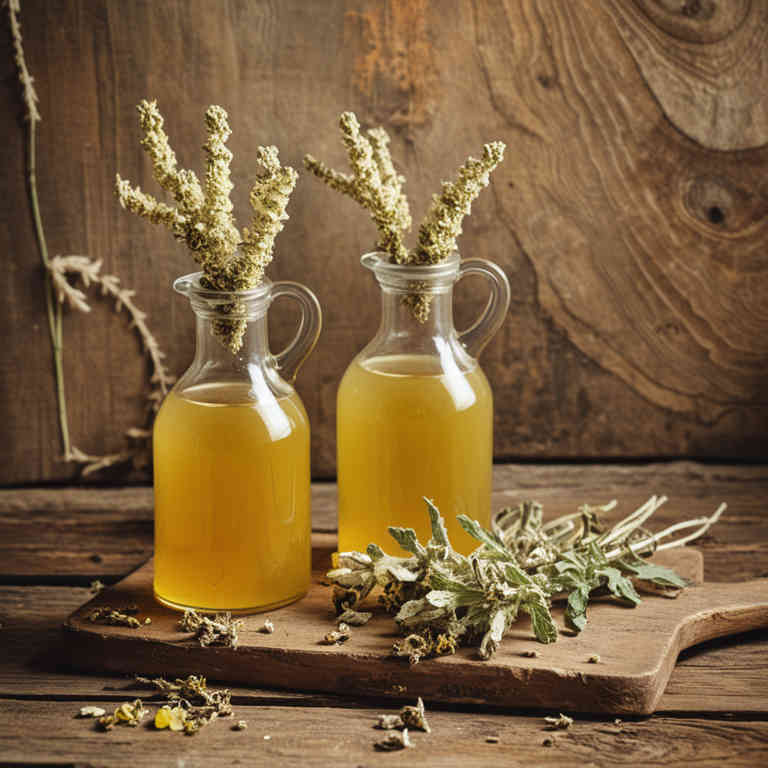
9. Capsules
Verbascum thapsus capsules is commonly used to support respiratory health, reduce inflammation, and alleviate symptoms of skin conditions.
These capsules are often used to treat ailments such as coughs, bronchitis, eczema, and psoriasis due to their anti-inflammatory and soothing properties. The bioactive constituents responsible for these effects include flavonoids, mucilage, tannins, and saponins, which contribute to the plant's demulcent, antimicrobial, and antioxidant activities. Additionally, Verbascum thapsus may help in detoxification and support digestive health.
Its traditional use also extends to treating wounds and reducing fever.
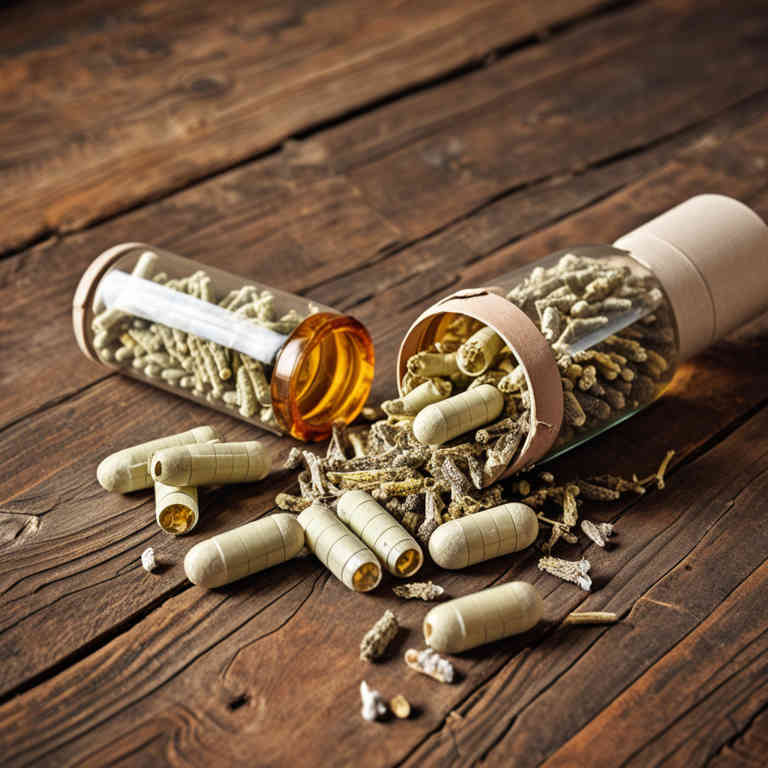
10. Lozenges
Verbascum thapsus lozenges is commonly used to alleviate symptoms of respiratory conditions such as coughs, sore throats, and bronchitis.
These lozenges are often employed to reduce inflammation and soothe irritation in the throat, making them popular for treating colds and throat infections. The medicinal properties of Verbascum thapsus are attributed to its bioactive constituents, including flavonoids, mucilage, and tannins, which possess anti-inflammatory, antimicrobial, and soothing effects. Additionally, the plant's high mucilage content helps to coat and protect the mucous membranes, promoting healing.
These lozenges are particularly beneficial for individuals experiencing persistent coughs or inflammation in the upper respiratory tract.
